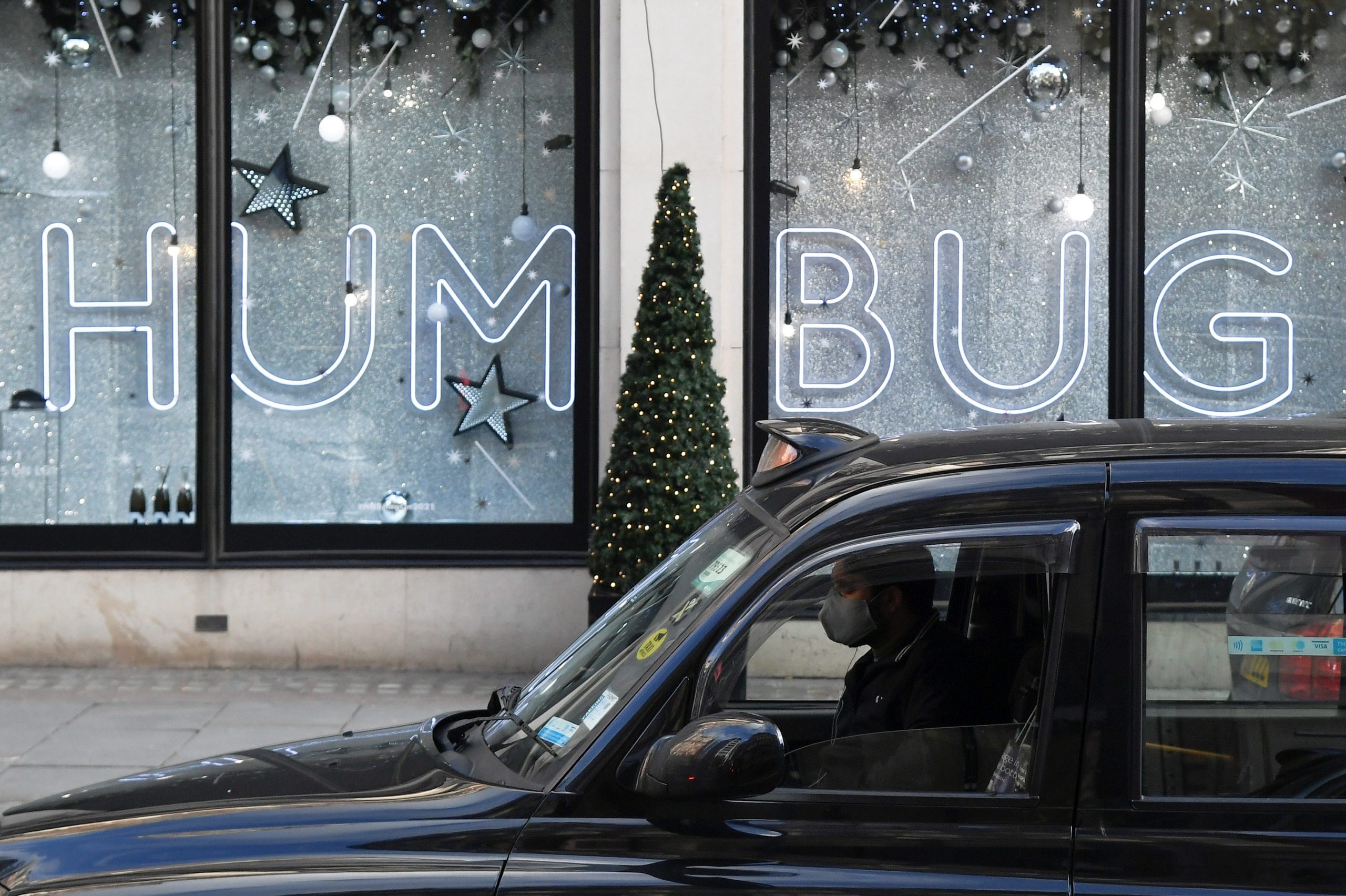
Toby Melville/Reuters
- What happened last week?
- A COVID-19 vaccine from Pfizer began rolling out around the US.
- FBI officials announced “a significant and ongoing” cyberattack involving SolarWinds Orion software, used by a long list of government agencies.
- In cities around the world, coronavirus cases soared last week, spurring officials to impose strict lockdowns that will last until after the festive season.
- Visit Business Insider’s homepage for more stories.
As 2020 raced to a close, the first doses of COVID-19 vaccines began making their way to communities around the world, a hack of government computers in the US spurred talk of Russian sanctions, and countries made difficult decisions about locking down over the Christmas holiday.
Here’s what happened last week.
Pfizer began its vaccine rollout

Jeff Moore/Handout via Reuters
After an emergency use approval by the US Food and Drug Administration on December 12, the COVID-19 vaccine developed by Pfizer and BioNTech started rolling out to locations across the US. Trucks carrying it left Pfizer’s Michigan facility last Sunday.
A growing list of public figures received the vaccine, including actor Ian McKellen, above. Out of hundreds of thousands of shots given last week, there were four reported non-life-threatening allergic reactions.
On Thursday, Pfizer said some doses were piling up in warehouses, because the federal government hadn’t given clear direction about where they were headed.
President-elect Joe Biden and incoming first lady Jill Biden are expected to get their vaccine shots on Monday.
US officials uncovered a massive SolarWinds hacking effort

Sergio Flores/Reuters
On Sunday, government agencies, including the US Treasury Dept. and the Commerce Dept., said their computer systems had been compromised.
By Wednesday, the Federal Bureau of Investigations had announced that computers at a wide range of federal government agencies were under "a significant and ongoing" attack. The attack on software from SolarWinds may have affected thousands of companies and government agencies. On Thursday, Microsoft said it had been hit by the hack, but denied reports its products and services had been compromised.
The White House reportedly had planned a statement blaming Russia, but officials were told to stand down.
On Friday, Mike Pompeo, secretary of state, said Russia was "pretty clearly" behind the cyber attack. But President Donald Trump seemed to walk that idea back on Saturday, saying on Twitter that "The Cyber Hack is far greater in the Fake News Media than in actuality."
On Sunday, President-elect Joe Biden was reportedly mulling options for retaliation against Russia, according to Reuters. He'd said on Thursday: "
Christmas lockdowns spread around the world

Toby Melville/Reuters
In cities around the world, coronavirus cases soared last week, spurring officials to impose strict lockdowns that will last until after the usually festive holiday season. Germany announced its lockdown last Sunday, followed by Italy, and a growing roster of other European countries.
On Saturday, the prime minister, Boris Johnson, moved London and some surrounding areas into Tier 4, a new restrictive lockdown.
"We're asking everyone in all tiers to stay local. People should carefully consider if they need to travel abroad," he said.
On Saturday night, hours before the new rules came into force, crowds of Londoners flooded train stations and airports, trying to escape.

